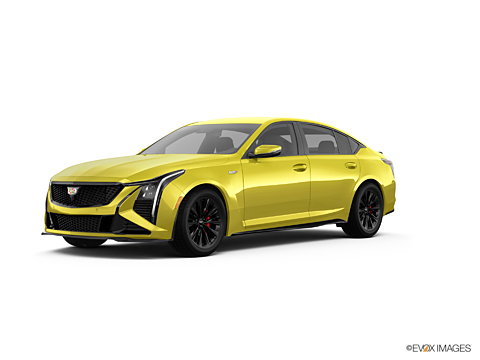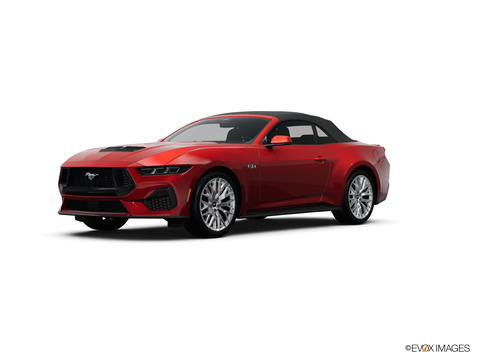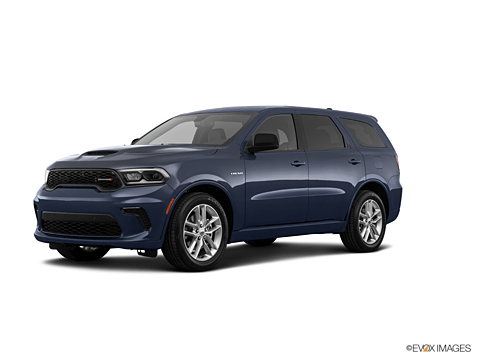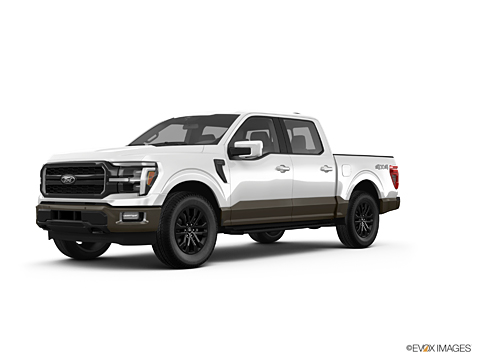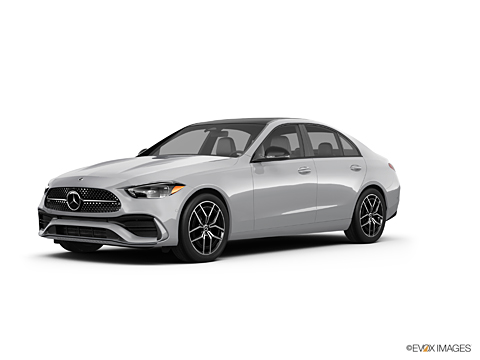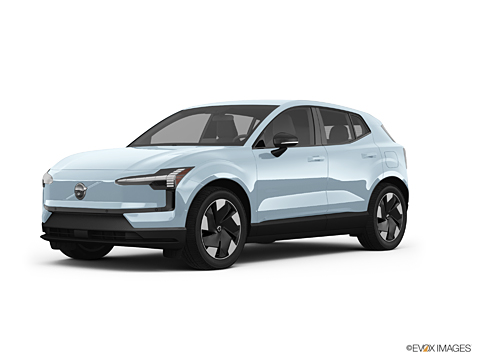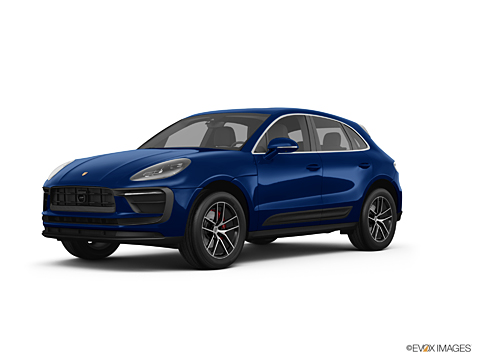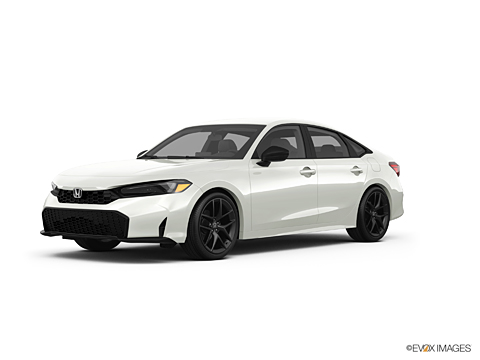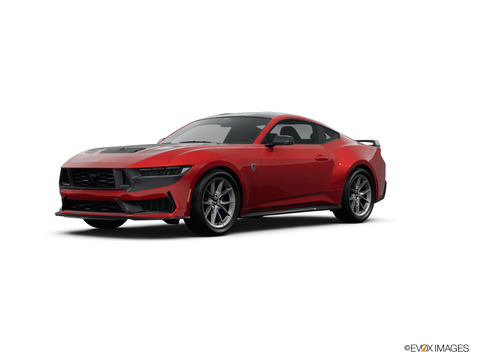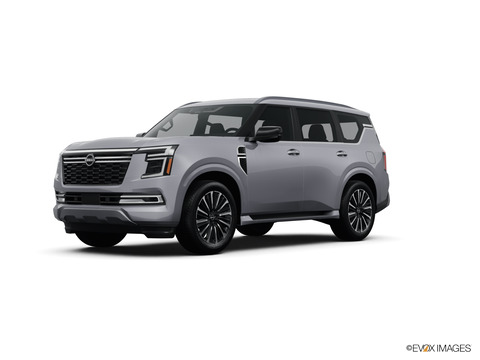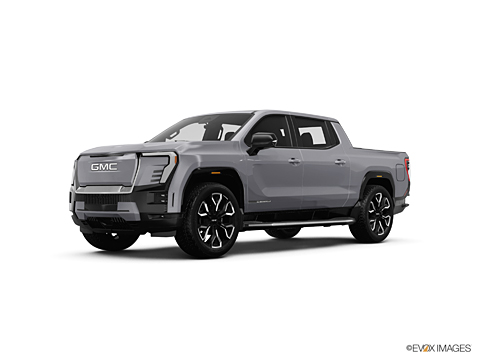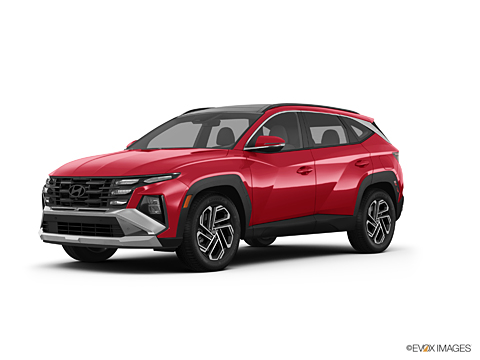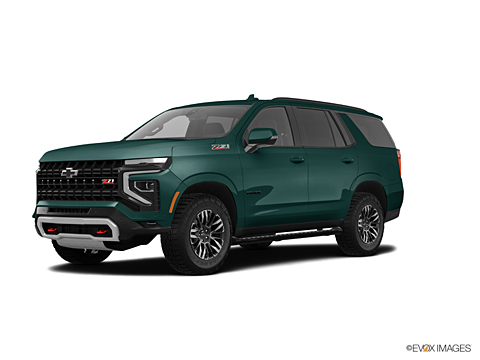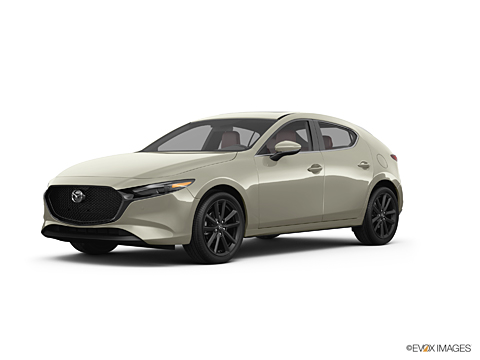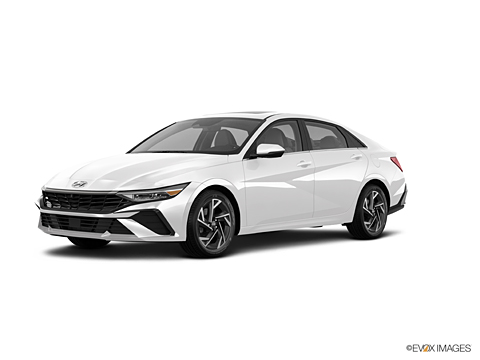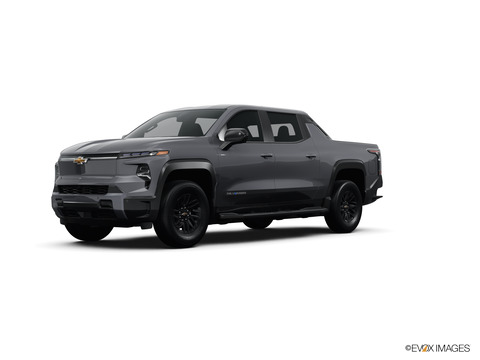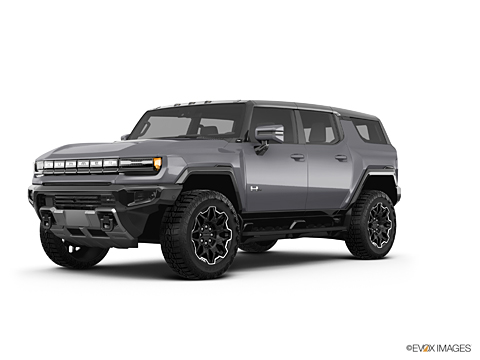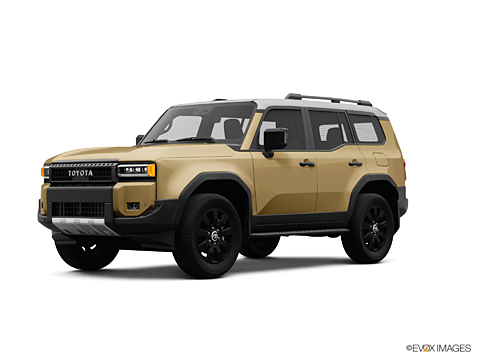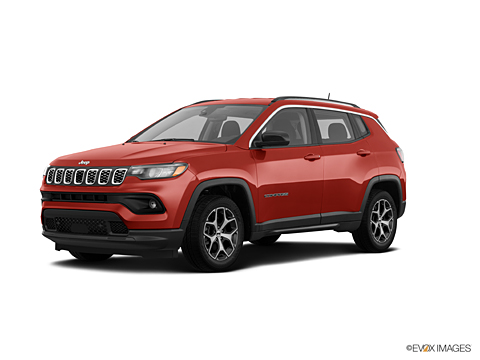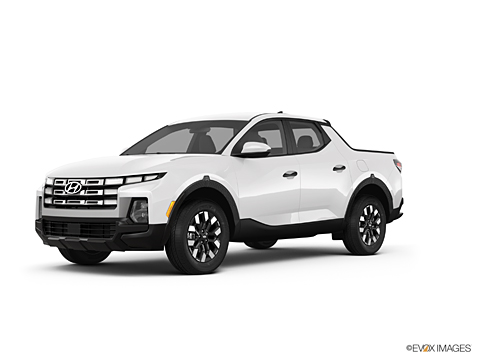
Best Performance Cars for 2025
These are the best performance cars, SUVs, and trucks based on iSeeCars' analysis of each vehicle's power to weight ratio
Best Performance Cars by Vehicle Type
Automotive performance has drastically improved over the past century, but what defines a performance car has remained remarkably consistent. A high-performance car, or really any form of high-performance vehicle, needs to provide a thrilling driving experience.
For sports cars, the thrills will manifest in a small, responsive two-door coupe or convertible with rear- or all-wheel-drive, such as the Porsche 718 Cayman or Boxster. In a supercar like the Lamborghini Huracan, everything from sleek aerodynamics to an impressive top speed to aggressive racetrack performance is required.
For more attainable performance cars, like the Honda Civic Type R, Toyota GR Corolla, or Volkswagen Golf, a four-cylinder, front-wheel drive powertrain with an engaging dual-clutch or manual shifter, plus commendable fuel economy and even some real-world functionality, is all part of the “hot hatch” performance car recipe.
With so many factors in play, is there a single metric that can help automotive enthusiasts identify the best performance cars? Yes, it’s called a car’s power-to-weight ratio – though the format in which this metric is usually presented is technically a weight-to-power ratio. For instance, if a car has a curb weight of 3,000 pounds and has 300 horsepower, it has a power-to-weight (weight-to-horsepower) ratio of 10-to-1, meaning each horsepower is responsible for motivating 10 pounds.
The best sports cars, supercars, hot hatches, performance SUVs, and every other type of performance vehicle will consistently be the model with the best power-to-weight ratio, meaning the models with the lowest weight that each horsepower has to motivate. iSeeCars has identified the best performance cars, organized them by vehicle category, and ranked them below by their power-to-weight (weight-to-power) ratio. Vehicles with nearly identical power-to-weight ratios (within 0.1 pound per horsepower of each other) are considered a tie, with the lighter vehicle being ranked above the heavier vehicle.
This method makes it easy to identify the best performance cars with a vehicle category. It doesn’t matter if the car in question is a Hyundai or a Lamborghini, front-wheel drive or rear-wheel drive, manual or automatic transmission. The power-to-weight ratio will tell you more about vehicle performance than equipment like a six-speed manual gearbox or locking differential upgrades. A vehicle with a twin-turbo V8 engine sounds like an obvious performance car, but if that V8 is pulling a Porsche Cayenne instead of a Chevrolet Corvette or Ferrari F8 Tributo, the power-to-weight ratio (and driving experience) will be very different.
You can browse the rankings below to see the best performance cars in each category. In addition to new and used pricing, we also list mpg ratings and the trim offering the best power-to-weight ratio, so you can zero in on the best version of each model.

Best Performance Cars
Best Performance SUVs
Best Performance Trucks
Best Performance Hybrids
Best Performance Electrics
How We Rank These Cars
The best performance cars rank vehicles by their weight-to-horsepower ratio.
The weight-to-horsepower ratio is calculated based on a vehicle's curb weight and horsepower at the trim level - the less weight one horsepower has to pull, the better performance a vehicle can provide. For cars with a ratio within 0.1 of each other, lighter vehicles always have the advantage in performance and are ranked to reflect that. For each vehicle, we also show the iSeeCars Score which rates the overall quality of a vehicle.
The iSeeCars Score is an analysis of three factors: reliability, resale value and safety. It is calculated based on the latest research and analysis by our data science team. The data analysis comes from over 12 million new and used vehicles in our Longest-Lasting Cars and 5-Year Depreciation Studies, combined with NHTSA and IIHS Safety Ratings.
Vehicles are scored in three categories:

Reliability
The reliability score represents an analysis of iSeeCars' proprietary research on the longest-lasting vehicles.

Value Retention
The value retention score is based on our data science team's statistical analysis and prediction of 5-year depreciation from MSRP to determine which cars hold their value best, using US Bureau of Labor Statistics data to adjust for inflation.

Safety
The safety score is calculated based on the last five years of crash test ratings from the National Highway Traffic Safety Administration (NHTSA) and incorporates the latest Top Safety Pick information from the Insurance Institute for Highway Safety (IIHS).








